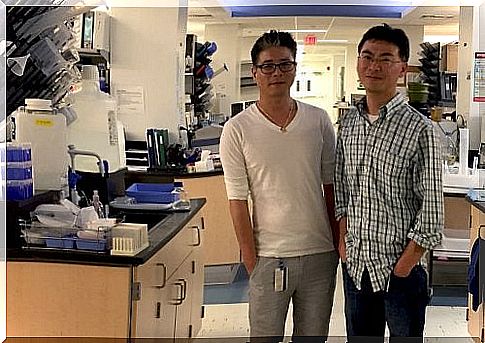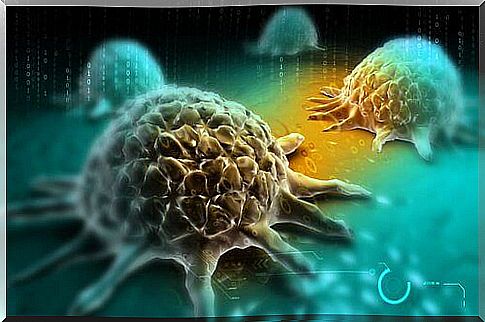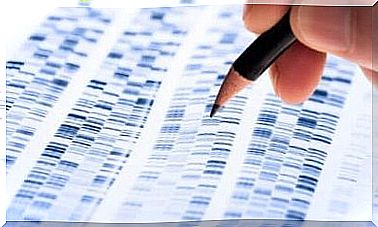Lung Cancer – Experimental Therapy With Hope For Patients

Lung cancer – according to data from the World Health Organization (WHO) – is still one of the leading causes of death worldwide. Until a few years ago, it was a disease affecting mainly men, but now there is also a significant increase in the number of cases among women.
One of the main causes of this type of cancer is smoking, unfortunately even people who are free from this addiction are not completely safe. Lung cancer takes a huge toll every year, so scientists are trying at all costs to develop a method of preventing this disease.
As reported by ScienceDaily, scientists discovered a “weak spot” in the DNA structure of cancer cells behind one of the most dangerous cancers, which is undoubtedly lung cancer.
Researchers want to try an experimental therapy that may be able to reduce the number of cases or slow down the development of the disease. This method is based on taking proteins from cancer cells, which they feed on. Do you want to know more? Be sure to read on!
Lung cancer and its “weak point”

The research is conducted by the University of Virginia’s Department of Health and the results so far have been very satisfactory and give hope for the future. Of course, we will have to wait for the implementation of this type of method, but we are still optimistic about the progress of medicine in this area.
After all, we are talking about the treatment of one of the most dangerous types of cancer, which is the cause of death for many people around the world. Each discovery on this topic must therefore be treated as ground-breaking and priority.
Non-small cell lung cancer (NSCLC)
Non-small cell carcinoma accounts for approximately 15% of all lung cancer cases. The new method of treatment should be able to fight precisely this most aggressive type of cancer.
- Non-small cell carcinoma develops extremely quickly and once the metastasis process begins, it is very difficult to effectively treat it.
- Oncologists indicate that in most cases of this cancer, the life expectancy of patients does not exceed 5 years.
- It is worth emphasizing that this extremely severe type of cancer most often develops in people who have been addicted to smoking for years.
Lung cancer treatment research is currently led by Dr. Kwon Park of the Department of Microbiology, Immunology and Cancer Biology at the University of Charlottesville, Virginia. His team’s task is to develop a method that slows down the growth of cancer cells.
Previously, this team studied mutations in cancer genes when metastasis is activated. It was this study that allowed them to discover what really makes it difficult to treat diseases such as lung cancer.
The researchers therefore assumed that there was a need to find a “gap” in the DNA structure of cancer cells. The assumption was correct and led to the conclusion that the “weak spot” are the proteins that cancer cells simply feed on.

Tumor genes are fast acting
Cancer genes, or simply oncogenes, are genes that can modify themselves to create and reproduce malignant cells. Laboratory studies have shown that this type of gene develops and works extremely quickly – hence the large number of deaths caused, among others, by lung cancer.
However, researchers in Virginia found that oncogenes need large amounts of protein to function independently and regulate their actions. It is the proteins that are responsible for their rapid development and the process of metastasis.
So the scientists asked themselves: what if oncogenes’ access to proteins was restricted? The way to do this would be to limit the activity of proteins. The results achieved so far by Dr. Park’s team are very optimistic in this regard.
Hope for the future

The experimental therapy we are writing about is, of course, only in the early stages. Of course, these kinds of reports give hope to millions of patients struggling with chronic diseases such as lung cancer, although we must be patient. You will have to wait a little longer for the effects.
Dr. Park and his team have developed a drug that limits the growth of cancer cells. The first experimental phase of testing this drug will soon be implemented in the United States. At the same time, laboratories in Canada and Australia are also working on variants of such a drug, so that the effects of treatment with each of them can be compared at a later stage.
We hope to be able to share with you even more hopeful news about cancer prevention and treatment very soon. Sooner or later, scientists will surely find a solution!









